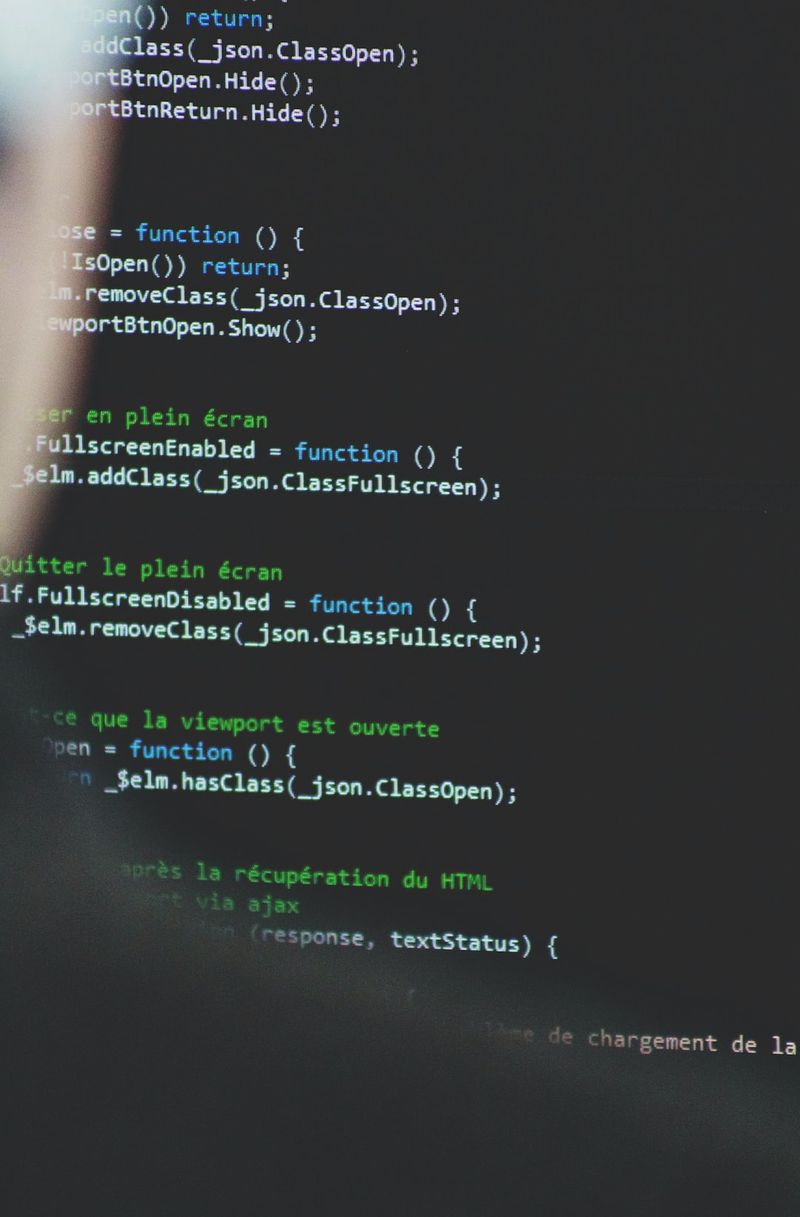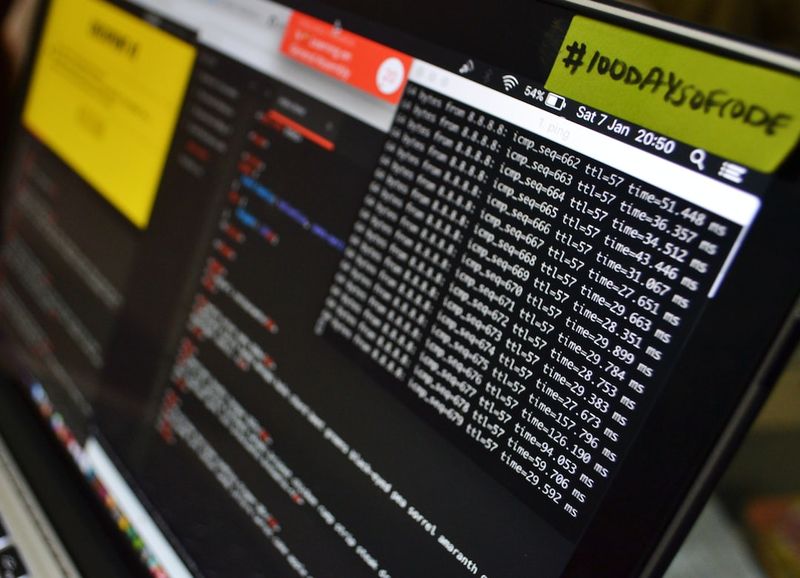Microsoft AI Researchers Expose 38TB of Data, Including Keys, Passwords, and Internal Messages
In a recent security misstep, Microsoft inadvertently exposed 38 terabytes of private data during a routine open source AI training material update on GitHub. The exposed data includes a backup of two employees’ workstations, corporate secrets, private keys, passwords, and over 30,000 internal Microsoft Teams messages. The issue was discovered by cloud data security startup Wiz during routine internet scans for misconfigured storage containers. The exposed data was found in a GitHub repository named “robust-models-transfer,” which belongs to Microsoft‘s AI research division. The repository’s purpose is to provide open-source code and AI models for image recognition.
Scope and Impact of the Data Breach
Wiz found that Microsoft used an Azure feature called SAS tokens to share the files, which allows data sharing from Azure Storage accounts. However, the link was misconfigured, granting access to the entire storage account instead of specific files only. As a result, the exposed account contained an additional 38TB of private data, including personal computer backups of Microsoft employees. This backup data contained sensitive personal information such as passwords to Microsoft services, secret keys, and over 30,000 internal Microsoft Teams messages from 359 employees.
Security Concerns and Potential Implications
This data breach raises significant security concerns. Not only did the misconfigured token provide overly permissive access, but it also allowed attackers full control permissions, including the ability to delete and overwrite files. This could have enabled malicious actors to inject malicious code into all the AI models stored in the account. As a result, any user who trusts Microsoft‘s GitHub repository and downloaded these AI models could have been infected by the injected code.
Furthermore, the very format in which these AI models are stored, known as ‘ckpt,’ can be a gateway for arbitrary code execution. This means that an attacker could have used this vulnerability to execute arbitrary code within the AI models, potentially compromising the security and integrity of these models.
Microsoft‘s Security Response and Future Prevention Measures
Microsoft‘s security response team took immediate action upon being notified of the data breach. The SAS token was invalidated within two days of the initial disclosure, and a new token was replaced on GitHub a month later. While Microsoft has not disclosed any information on whether the exposed data was maliciously accessed or misused, it is vital for affected employees and users of Microsoft‘s AI models to remain vigilant and take necessary precautions to protect their accounts and systems.
To prevent similar incidents in the future, it is imperative for organizations like Microsoft to prioritize secure configuration practices. This incident highlights the need for stricter access controls, ensuring that only the necessary data and files are shared and limiting permissions accordingly. Additionally, regular security audits and scanning of storage containers can help identify potential misconfigurations and vulnerabilities before they are exploited.
Editorial: The Fragility of Data Security in the Age of AI
This data breach serves as yet another reminder of the fragility of data security and the paramount importance of responsible handling of sensitive information, especially in the era of AI. As AI technology continues to advance and becomes deeply integrated into various aspects of our lives, it is crucial for organizations to prioritize comprehensive security measures.
The potential implications of a breach in AI models can be far-reaching, affecting not only the organization that experiences the breach but also its users and stakeholders. As AI models become more prevalent and widely adopted across industries, the responsibility to ensure their security becomes even more critical.
This incident also highlights the need for transparency and accountability when it comes to data breaches. Organizations should promptly disclose such incidents, providing affected individuals with necessary information and guidance to protect themselves. Transparency helps build trust and allows for collective efforts to mitigate the impacts of a breach.
Advice to Individuals and Organizations
Individuals should always practice good cybersecurity hygiene, including regularly changing passwords, enabling two-factor authentication, and monitoring their accounts for any suspicious activity. In the case of this data breach, employees affected by the exposure of their personal computer backups should take immediate steps to protect their accounts and change passwords for Microsoft services and any other accounts that may have used the same or similar passwords.
Organizations, especially those dealing with sensitive data and AI models, should prioritize security in every step of their processes. This includes secure configuration practices, regular security audits, and training and educating employees on cybersecurity best practices. Implementing robust access controls, encryption, and multi-layered security measures can help prevent and mitigate the impacts of potential security incidents.
Ultimately, building a culture of cybersecurity awareness and responsibility is crucial in safeguarding valuable data and mitigating risks associated with AI and other emerging technologies. As we navigate the ever-evolving digital landscape, the continued collaboration between organizations, researchers, and individuals is vital in creating a secure and resilient future.

<< photo by Leyla Qəhrəmanova >>
The image is for illustrative purposes only and does not depict the actual situation.
You might want to read !
- Google’s Chromebook Pledge: A Decade of Uninterrupted Updates and Enhanced Lifespan
- The Vulnerability of Vegas: Cyberattacks Shake the Foundation of Casino Security
- The Dark Side of Casino Security: Cyberattacks Expose Vulnerabilities in Two Vegas Powerhouses
- Casino Cyberattacks: Revealing Vulnerabilities Amidst the Glitz
- The MGM Resorts Breach: Unveiling the Okta Flaw
- Securing the Future: Exploring the Intersection of OT/IoT and OpenTitan
- Caesars Palace: Hacked and Betrayed by Ransomware Attack
- Ransomware: Unmasking the Criminals Behind RedLine & Vidar
- Boardroom Battle: Winning Over Your Board for Cybersecurity Success
- Dragos Secures $74 Million in New Funding to Strengthen Cybersecurity Defenses and Expand Global Reach
- Google’s Chromebook Pledge: Ensuring a Decade of Seamless Updates




